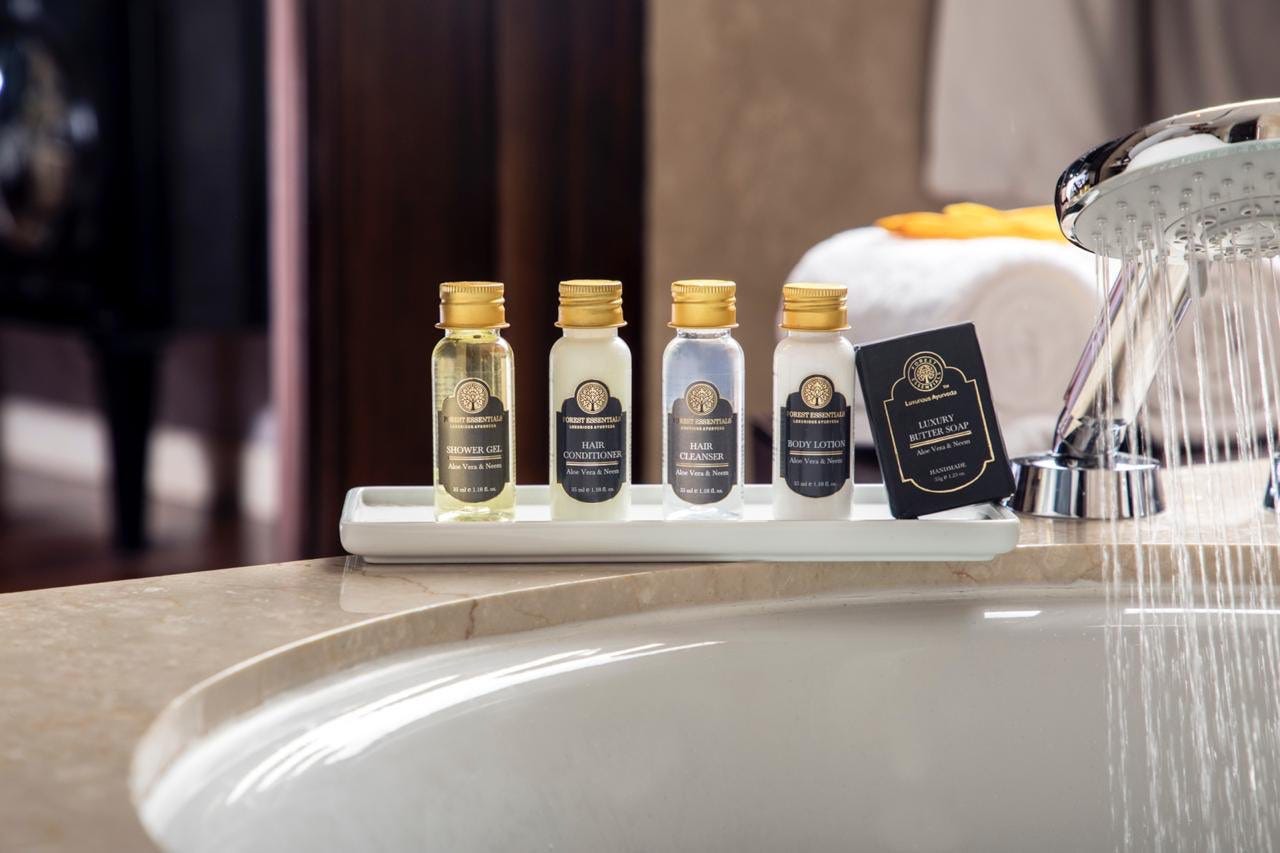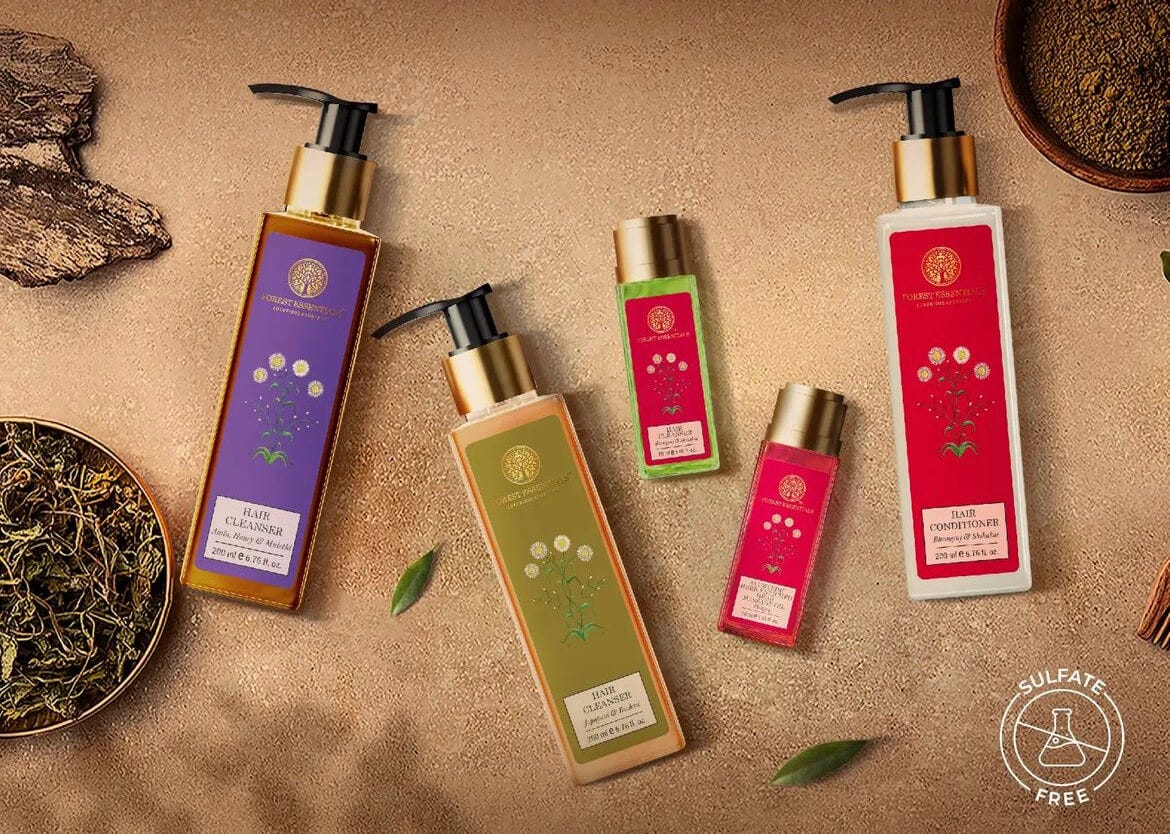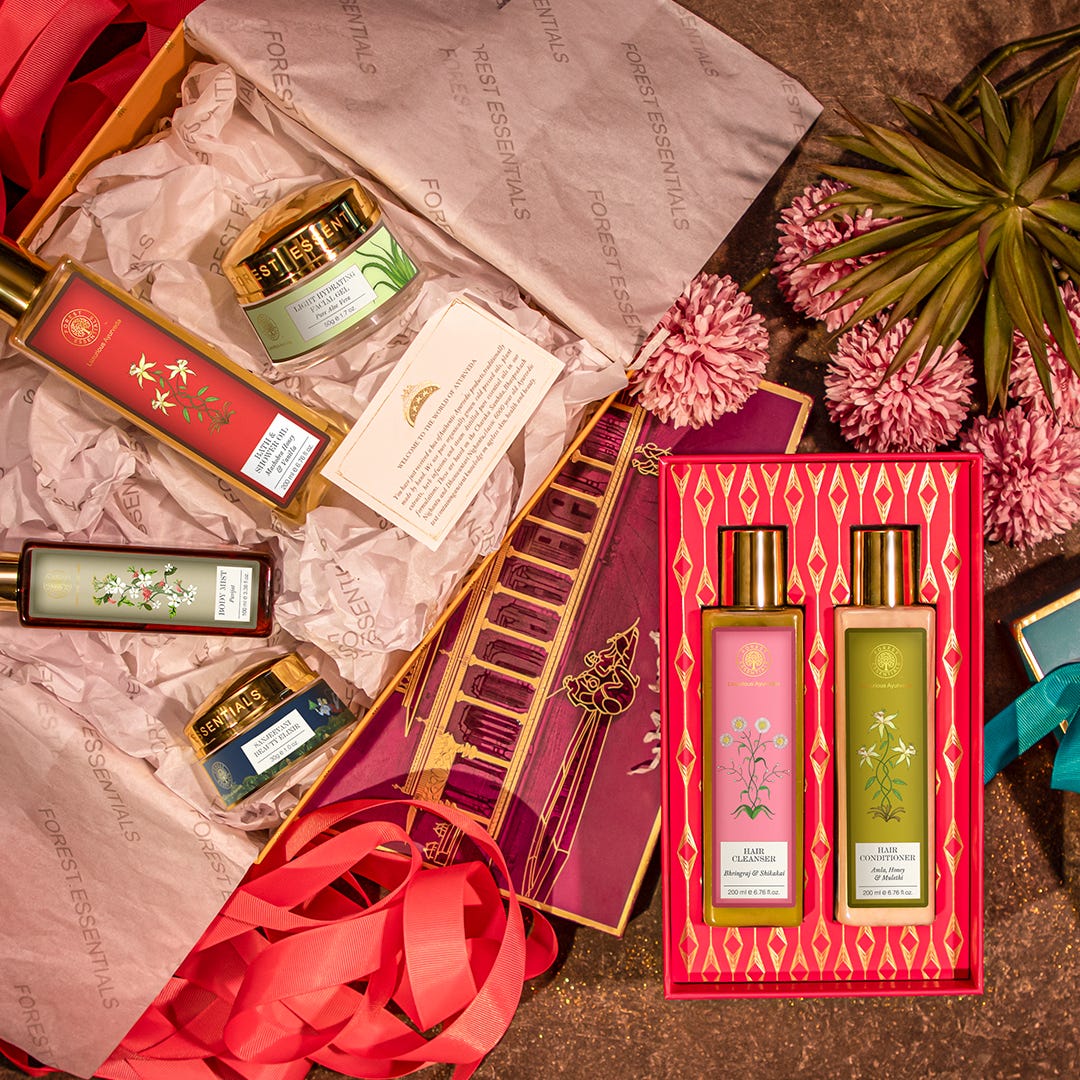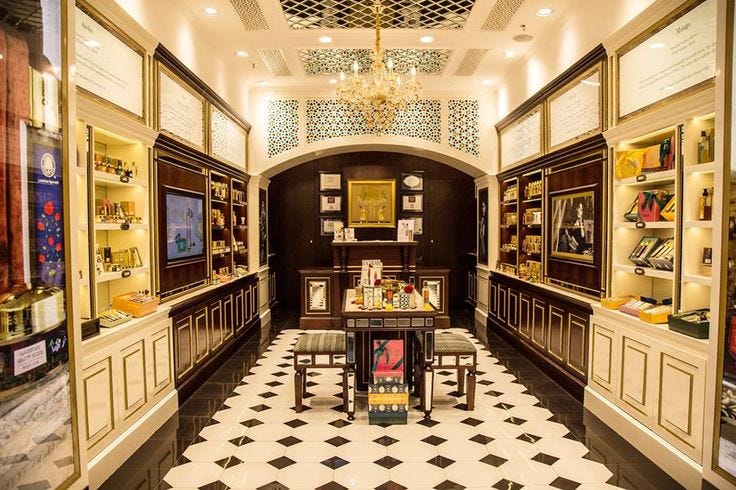How Forest Essentials sells a ₹8,000 face cream? 🤯
Welcome to the 226th edition of the GrowthX Newsletter. Every week, I write two pieces that go to over 100,000 product, marketing, business leaders & ambitious founders in marquee internet companies around the world. If you haven’t subscribed yet, please do.
A friend of mine recently bought a face cream worth ₹8,000 - I was shocked. I immediately wanted to check if there were more buyers like her, and to my surprise, there was a billion $ market for it, quietly brewing just under our noses. This is the story of a premium D2C brand that’s not on anyone’s radar.
Say hello to Forest Essentials! 🌹
Ayurveda practices in India go back 3,000 years, but in recent years, it has yet to break into the high-end commercial segment. Back in 2000, Mira Kulkarni was spurred by the absence of a premium brand catering to India's 'Premium' Ayurvedic segment, & Forest Essentials was born.
While brands like Biotique and Shahnaz existed, they were priced lowly and catered to the masses. Mira reimagined Ayurveda, transforming it from India's age-old secret to a symbol of luxury.
What did Forest Essentials crack, really?
1/ The market → it’s pure Dhanda math.
While Biotique & Shahnaz Husain targeted the mass market, offering discounts and bundled products with prices ranging from ₹300 to ₹700, Forest Essentials aimed at the upscale market from the beginning.
Even their soaps, initially priced between ₹100 and ₹150, now sell for anywhere between ₹500 and ₹800. Today, they operate in a ₹74,800 Crore Indian Ayurvedic market.
2/ Ridiculously satisfying packaging 🎯
Apple couldn’t have priced the iPhone in a high appetite-to-pay segment without spending years on the packaging. We reckon Forest Essentials did the same for its market.
While most creams are sold without much fuss, Forest Essentials ensured that the first experience for its customers was exceptionally satisfying. Their products were meticulously packaged inside bright color boxes, wrapped in butter paper, adorned with shiny golden lids, and accompanied by personalised notes for each customer.
No wonder a majority of the brand focus is on offline purchases where all of this is touch and feel and can make an impulse buy with the right customer segment.
3/ Early distribution focused on where the customer is.
Forest Essentials opted for a non-traditional approach. It strategically supplied its products to prestigious establishments. This ensured that when the ICP encountered the products at some of India’s most premium locations, they felt confident and satisfied with their choice.

This include The Hyatt, Oberoi, Taj, Four Seasons & even Rashtrapati Bhavan. As of today, FE has 130 Stores in India, supplies to 190+ hotels & exports to 120 countries - nailing the premium segment exclusively.
4/ Brand positioning → setting high standards.
India had too many Ayurvedic products, but none targeted the premium market. Forest Essentials partnered with local communities to revive ancient Ayurvedic recipes & crafted the products in Ashrams using traditional Ayurvedic formulas. Atleast the narrative was that.
Interestingly, they were marketed as sourced from natural springs in Rishikesh (City in Uttarakhand) & borrowed trust from this narrative. The positioning solved for price dictation power - now you know how they sell crazy expensive creams.
5/ Curated experiences through retail.
It set the gold standard in its category, akin to the Apple of luxury skincare. From the start, the stores looked like the epitome of premium experience. When you walked in, you felt the essence of the brand ethos. With each new store, they elevated the standard of luxury, matching the quality and innovation of their products while staying true to their brand and values.
Its an example of the surrounding effect we keep talking about - the perceived value of the product increases just because it is part of a ecosystem which it borrows perceived value from. Think- Why diamond shops are so luxurious?
6/ Little to no discounting.
This led to insane trust building, and user affection only growing over time. Because when premium brands offer discounts, the core ICP loses interest, after all, they’re paying from the ‘elite’ title.
What's next in their journey?
The brand opened its first standalone store in Covent Garden, London which and aims to open a total of 12 in the UK. Through online sales, they’re already penetrating Australia, UAE, UK, & US. They know they can become the comfort luxury for the west.
That’s all for now, if you liked the deep dive, you will love the curated articles from our archive. Click HERE







You’re missing out that Estee Lauder owns ~ 20% of Forest Essentials. That should put things into the right frame.